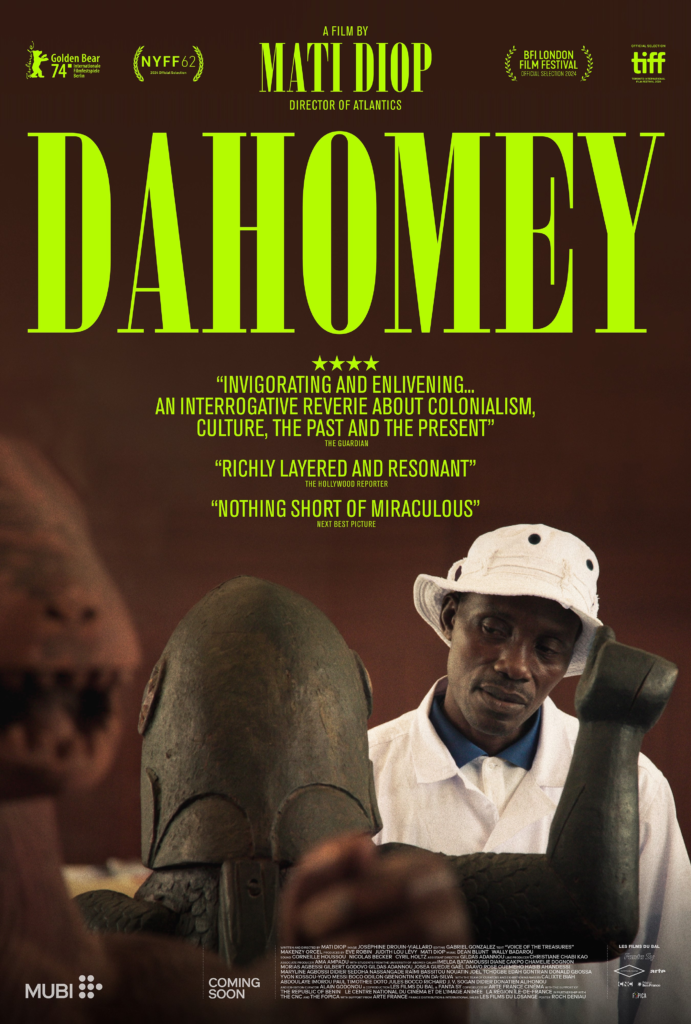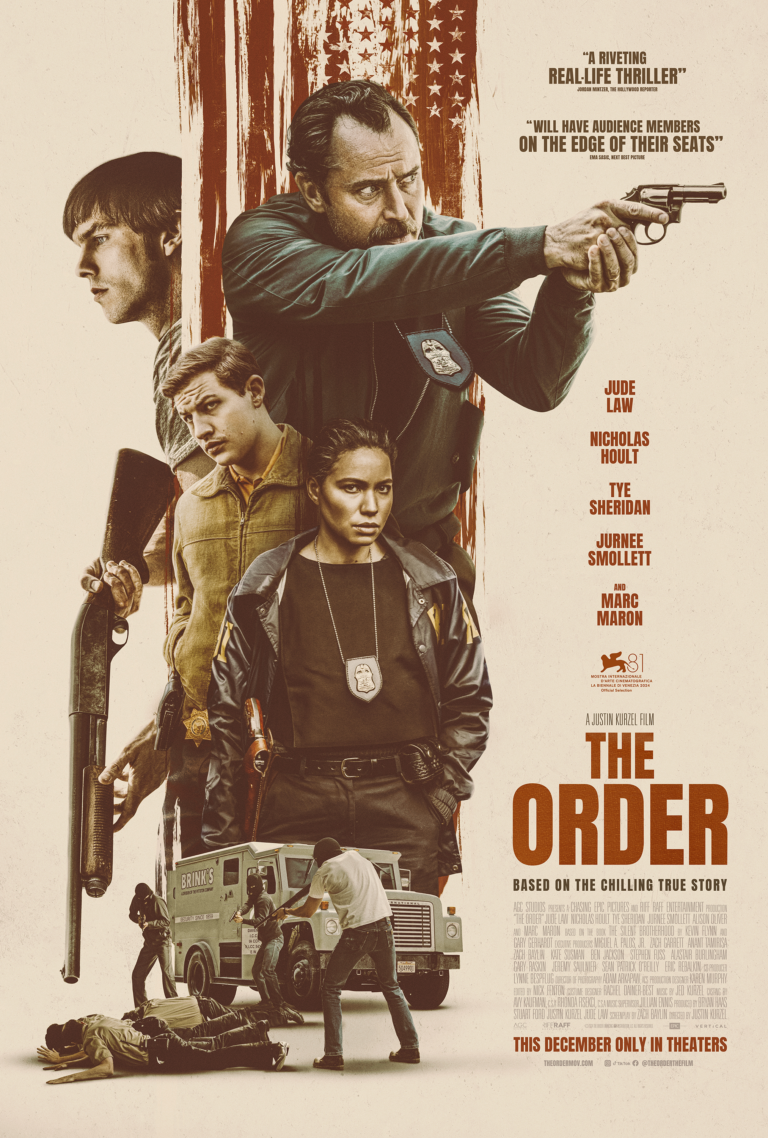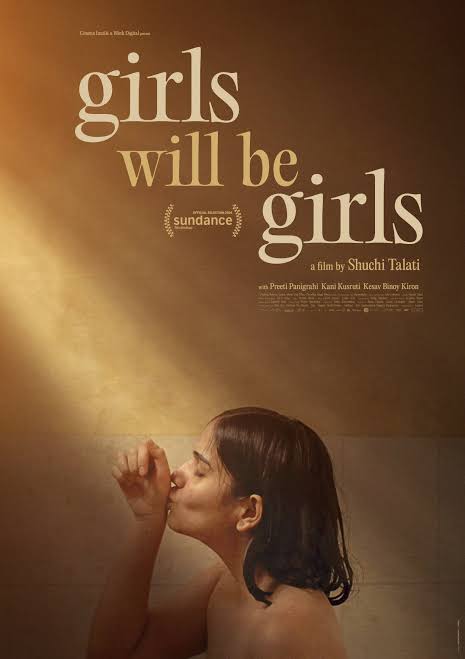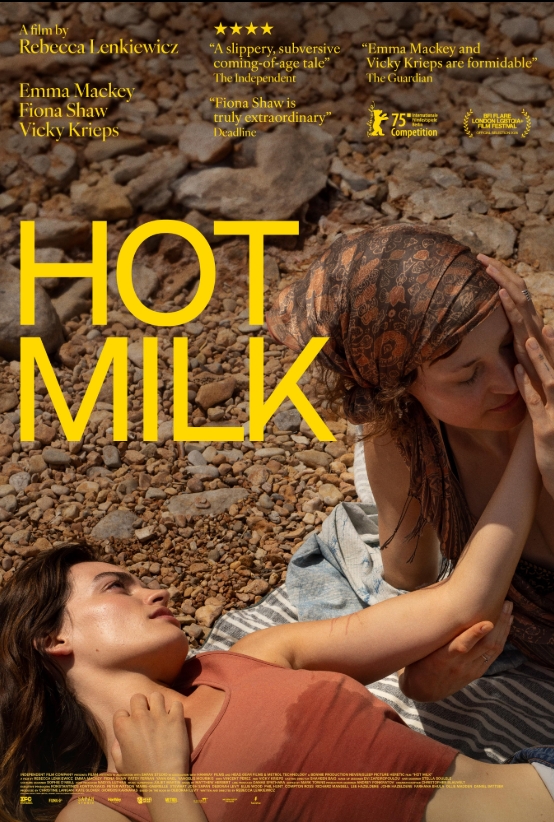Dahomey Christian Review

In Dahomey, Mati Diop crafts a mesmerizing, thought-provoking piece that peels back the layers of cultural identity, exploring the intersection of history and modern identity with stunning artistry. This documentary doesn’t just explain what was lost when cultural artifacts and symbols were taken from the people of Dahomey—it gives those stories room to breathe, letting history and the present enter into an evocative, poetic dialogue. It’s not a film of easy answers, nor a straightforward educational documentary; instead, it feels like a living, breathing piece of art, connecting the viewer to a narrative that feels both timeless and relevant.
Ghosts of a Lost Heritage
Diop’s film begins with the echo of lost voices—a sense that something vital has been ripped away, lingering like a memory that refuses to fade. It’s as though she’s inviting us into a ghost story, one that doesn’t merely focus on the objects stolen but on the identities, the essence of a culture, that these artifacts once represented. Imagine relics that tell the stories of their people, who, without them, become shadows of their full selves. For Diop, these objects are not mere museum pieces; they are fragments of life, pieces of a complex cultural identity that were left in limbo, silenced by their removal from the communities they once belonged to.
For the Christian viewer, this idea strikes a familiar chord. The story of our faith often centers on loss and redemption, the resurrection of what was lost. Just as the Bible speaks of redemption and new life, Dahomey suggests that these artifacts, these symbols, have the power to come alive again, to speak into the present and find their rightful place. This resurrection of identity and heritage forms the backbone of Diop’s narrative, and it is profoundly moving to witness.
A Youthful Generation Reclaims the Past
One of the most compelling aspects of the film is Diop’s choice to include footage from a student panel, a discussion among young voices grappling with what it means to inherit a fractured history. These young people speak with conviction and a deep awareness of their past, not just as a detached history but as a part of themselves. They question and challenge, exploring what it means to reclaim a past that was stolen, asking what they owe to the generations that came before them and to those who will follow.
There’s a fire in their voices, a passion that feels almost prophetic, as though they’re calling us all to reconsider our relationship with history. In the Bible, we’re reminded that the young shall see visions and the old shall dream dreams. Watching these young people demand a future that honors their heritage feels like witnessing this prophecy unfold. They refuse to let history be a mere tale of victimhood; they seek to breathe life into it, to bring it into the present with courage and resilience.
This, to me, feels like the very heart of Christian hope: not to be bound by the past but to find redemption and meaning within it, to use it as a foundation for building something better. Diop captures this sense of reclamation beautifully, making it one of the most stirring and hopeful parts of her film.
Resurrection of Identity
What does it mean to have a piece of your culture stolen, to see relics of your past displayed as artifacts, disconnected from their purpose and meaning? Diop’s Dahomey doesn’t just ask this question; it lives in it. When cultural symbols are lost, a part of identity is lost with them. Diop doesn’t answer this question outright, but she brings us to a place where we can feel its weight.
For Christians, this idea is deeply resonant. We believe in a God who restores, who can bring back what was once lost, who can transform brokenness into beauty. Diop’s documentary suggests that identity, too, can be restored—not just through the return of artifacts but through the reawakening of pride, dignity, and meaning within a community. It’s a subtle but powerful message that speaks to anyone who has wrestled with questions of identity, history, and belonging.
In a world that often tries to simplify history into digestible facts and figures, Diop’s approach feels like a breath of fresh air. She doesn’t reduce heritage to something neat and tidy; she presents it as a living, complicated, and beautiful thing. It’s an invitation to see identity not as something static, but as something dynamic, capable of growth and renewal.
The Power of Poetry in Politics
One of the things that struck me most about Dahomey was its balance of poetic beauty and political urgency. Diop doesn’t hit us over the head with a single message; she leaves space for reflection, letting us linger in the questions. It’s a contemplative film, one that doesn’t feel the need to push a specific agenda but rather allows us to come to our own conclusions.
For Christians, this approach is refreshing. The Bible tells us to “do justice, love kindness, and walk humbly with God.” Dahomey embodies this humility, inviting us to engage with the material without forcing us into a particular viewpoint. It’s a reminder that justice and truth can be pursued gently, thoughtfully, with grace. Diop’s film is a reflection of that ethos, and it makes for an experience that’s both thought-provoking and deeply respectful.
Looking Ahead: A Message of Hope
In the end, Dahomey isn’t just a lament for what was lost; it’s a call to action, a forward-looking meditation on what the future might hold. Diop doesn’t dwell on the pain of the past; instead, she focuses on the possibility of healing and restoration. She leaves us with the image of young people standing on the shoulders of their ancestors, looking forward with hope and determination.
This perspective resonates deeply with a Christian worldview. We believe in a God who promises to make all things new, who redeems what is broken and brings life to what seems beyond repair. Diop’s film embodies that spirit of redemption, encouraging us to look forward with hope and to consider how we can honor the past while building a better future. It’s not just a story of restitution; it’s a story of resurrection, of bringing life to something that once seemed lost.
Final Thoughts: A Film Worth Reflecting On
Dahomey is a rare gem, a film that manages to be both deeply reflective and engaging. It doesn’t spoon-feed us answers or offer easy solutions; instead, it invites us to wrestle with the questions, to sit with the complexities, and to consider our role in the ongoing story of cultural heritage and identity. For Christian viewers, it offers a reminder of the power of resurrection and redemption, a reminder that God is always at work in the world, restoring what was lost and bringing beauty out of brokenness.
In the end, Dahomey is more than just a film; it’s an invitation to think deeply, to feel deeply, and to remember that history is not just a story of the past but a foundation for the future. It’s a beautifully crafted, thoughtful piece that deserves to be seen, discussed, and celebrated.
Rating: 8/10 – A beautifully crafted, inspiring documentary that challenges us to remember, reclaim, and resurrect a heritage deserving of dignity and honor.







